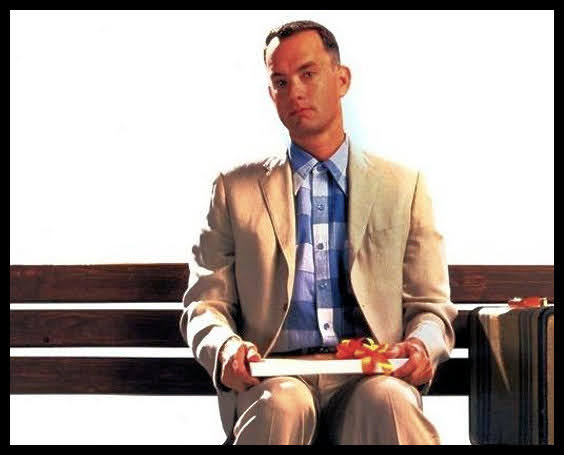There’s a famous quotation about atheists associated with the date December 14 that is widely attributed to Bishop Fulton J. Sheen:
“An atheist is a man who has no invisible means of support.”
The source that’s usually cited for this quote is the December 14, 1955 issue of LOOK magazine.
Sheen did use this line in an article in LOOK magazine and it’s one of his best known quotes.
However, despite what many quotation reference books and websites say, that article was not in the December 14, 1955 issue of LOOK.
There was no December 14, 1955 issue of LOOK. The LOOK magazine published in mid-December of 1955 was dated December 13, 1955. And, Sheen wasn’t featured in that issue.
 He was featured on the cover of the December 14, 1954 issue of LOOK and in an article inside that issue titled “Religion’s Best Sellers.”
He was featured on the cover of the December 14, 1954 issue of LOOK and in an article inside that issue titled “Religion’s Best Sellers.” So, December 14, 1954 is the correct date for Sheen’s use of “An atheist is a man who has no invisible means of support” in LOOK.
It should also be noted that, contrary to what some people think, Sheen didn’t coin that famed saying.
In the book On Being a Real Person, published in 1943, American clergyman Harry Emerson Fosdick wrote:
“An atheist, says John Buchan, is ‘a man who has no invisible means of support.’”
That’s apparently why many books and websites credit the line to John Buchan, the Scottish historian, Governor General of Canada and author of the book The Thirty-Nine Steps (1915).
However, Buchan didn’t coin the line either. His use, in a speech recorded in a law journal in 1935, was a reference to something he’d heard. Buchan said:
“I have heard an atheist defined as a man who has no invisible means of support.”
Who created the definition that Buchan heard? Sorry, I don’t know. At this point, the real origin of the line is still a mystery.
I do know that, in his wickedly funny Devil’s Dictionary (1911), the great American writer, curmudgeon and atheist Ambrose Bierce
“A vagrant opinion without visible means of support.”
Of course, from an atheist’s perspective “an opinion without visible means of support” might also seem like a reasonably good definition of religion.
* * * * * * * * * *
Comments? Corrections? Post them on my Famous Quotations Facebook page or send me an email.
























